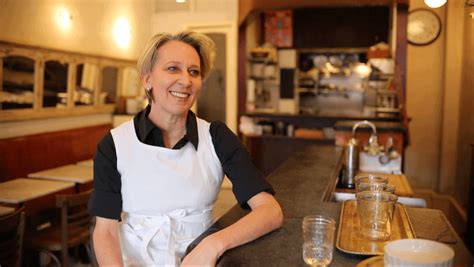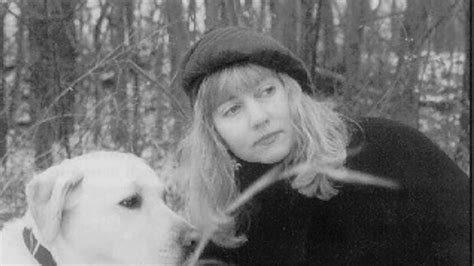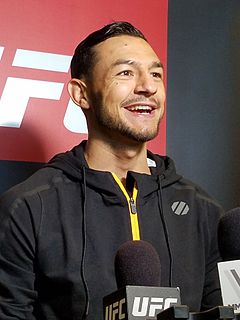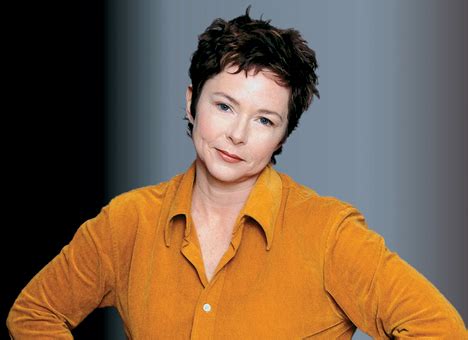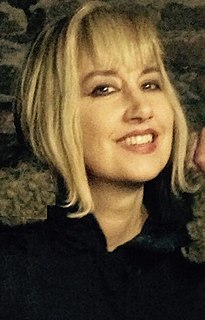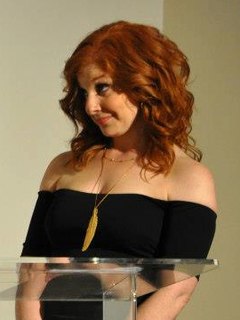A Quote by Junot Diaz
Like most lit nerds, I'm a voracious reader. I never got enough poetry under my belt growing up but I do read it - some of my favorites, Gina Franco and Angela Shaw and Cornelius Eady and Kevin Young, remind me daily that unless the words sing and dance, what's the use of putting them down on paper.
Related Quotes
We do have to learn poetry at school. Poetry is interesting to me, particularly Chinese poetry. It's like an ancient form of song. There's five sentences, seven sentences - they're very different from English poetry. Chinese poetry is much more rigorous. You can only use this many words, and they will form some kind of rhythm so people can actually sing it. To me, poetry is quite abstract but also quite beautiful.
As a historically voracious reader - pre-baby, I averaged a book every week or two, and when I was a kid, I'd routinely read a book a day - I never understood how some people could not read. When I heard people say they didn't have time to read, in my head, I simultaneously pitied and ridiculed them: there was always time to read.
The reader reads aloud, with a sing-song up … then down … then down again cadence. My mood shifts from merely reluctant to derisive. It’s a tired reading style. I’m sick of it. It attaches more importance to the words than the words themselves—as they’ve been arranged—could possibly sustain, and it gives poets and poetry a bad name.
A lot of people think they can write poetry, and many do, because they can figure out how to line up the words or make certain sounds rhyme or just imitate the other poets they've read. But this boy, he's the real poet, because when he tries to put on paper what he's seen with his heart, he will believe deep down that there are no good words for it, no words can do it, and at that moment he will have begun to write poetry.
Find something you like, go into a room, close the door and read it aloud. Read it aloud. Everybody in the world who likes dance can see dance, or hear music, or see art, or admire architecture - but everybody in the world uses words who is not a recluse or mute. But the writer has to take these most common things, more common than musical notes or dance positions, a writer has to take some adverbs, and verbs and nouns and ball them up together and make them bounce.
I never solicited myself as a singer until I realized I could use that to a musical standpoint. I loved musicals growing up. Classic films were some of the only ones I watched. So when the opportunity came for the show to audition, of course it was all of a sudden, "I sing! I sing! Send me in, please. I beg of you."




